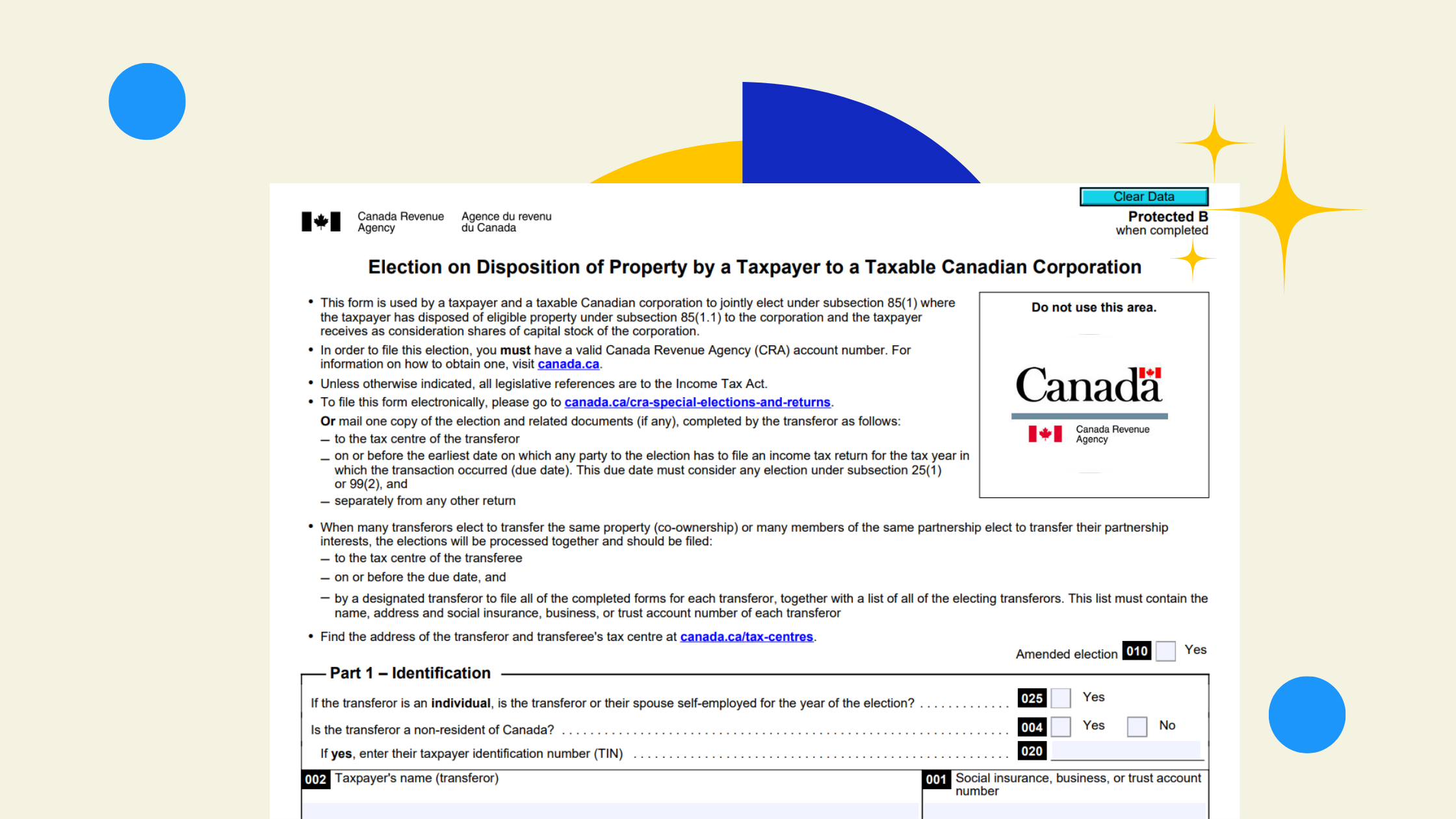Bringing family into your business can feel like the ultimate trust move. After all, who knows you better than family? But blending personal life with professional goals isn’t always a recipe for success. Before you hand over that employment agreement to a sibling, spouse, or child, it’s crucial to understand both the opportunities and potential conflicts of hiring family members.
📅 The Upside:
- Trust & Loyalty: Built-in reliability and dedication.
- Shared Vision: Family ties often mean a deeper understanding of your business goals.
- Commitment: Dedicated employees like family members often step up when the going gets tough.
- Tax Benefits Through Income Splitting: Leveraging income splitting in family-owned businesses can reduce income tax burdens by distributing income to relatives in lower tax brackets, provided CRA rules are followed.
Example of Income Splitting:
Meet David, the owner of a family-owned construction business in British Columbia, earning $400,000 annually. David’s wife, Lisa, helps with bookkeeping, and their son, Alex, manages the company’s social media part-time.
📊 The Problem:
If David claims the full $400,000 as personal income,he faces high federal income taxes.
✅ The Strategy:
- David pays Lisa $60,000 for her bookkeeping services.
- Alex earns $20,000 annually for his social media work.
📈 The Outcome:
David reduces his taxable income to $320,000, lowering his federal income tax. Lisa and Alex’s salaries are taxed at lower brackets, maximizing the family’s overall economic security.
Pro Tip: Always pay family members an equitable wage aligned with fair market value to avoid triggering audits.
📊 Understanding Income Splitting and CRA Rules
Income splitting is a legal tax strategy, but the Canada Revenue Agency (CRA) has strict anti-abuse policies:
- Reasonable Compensation: Ensure family members receive pay aligned with their job responsibilities. Paying an unreasonable salary risks penalties for abuse of tax benefits.
- Document Everything: Maintain records like job descriptions, timesheets, and employment agreements. Documentation prevents negative consequences, such as CRA denying deductions or applying interest.
- Avoid Preferential Treatment: Family members must meet the same standards as non-family employees.
When TOSI Applies:
- The family member doesn’t meaningfully contribute.
- Compensation is disproportionately high.
- The recipient is under 18.
When TOSI Does NOT Apply:
- The family member works at least 20 hours weekly.
- Their pay is fair for their role.
❌ The Downside to Hiring Family Members:
- Blurred Lines: Family dynamics can spill into the workplace, creating personal conflicts.
- Perceived Favoritism: Nonfamily employees may feel sidelined, leading to resentment or a negative employee experience.
- Audit Risk: Without the proper documentation, hiring family members can turn into a serious audit risk
.png?width=555&height=590&name=Should%20You%20Put%20Family%20on%20Payroll_%20-%20visual%20selection%20(1).png)
✅ Checklist for Hiring Family Members:
- Define Clear Roles: Provide detailed job responsibilities in an employee handbook or agreement.
- Stay Fair: Avoid differential treatment—family members must meet the same standards as other employees.
- Set Boundaries: Separate family life from business relationships.
- Document Everything: Employment agreements, payroll taxes, and performance reviews ensure compliance.
- Understand CRA Rules: Follow income tax withholding and TOSI regulations to avoid negative effects like audits or penalties.

🚨 What Happens if You Ignore CRA Rules?
Non-compliance with CRA guidelines can result in:
- Reassessment of your taxes.
- Denied deductions for salaries paid to family members.
- Interest charges and penalties.
Pro Tip: Consult a legal expert or Family Business Consultant to navigate these complex regulations.
📝 Bottom Line:
Hiring a family can be a game-changer—or a headache. The key is clear boundaries, fair treatment, and open communication. When done correctly, leveraging income splitting and staying compliant with CRA rules can turn hiring family members into a smart business decision.
👉 Make informed decisions and create a workplace culture that benefits your business and family. Learn more about payroll.
.png)


.png)

